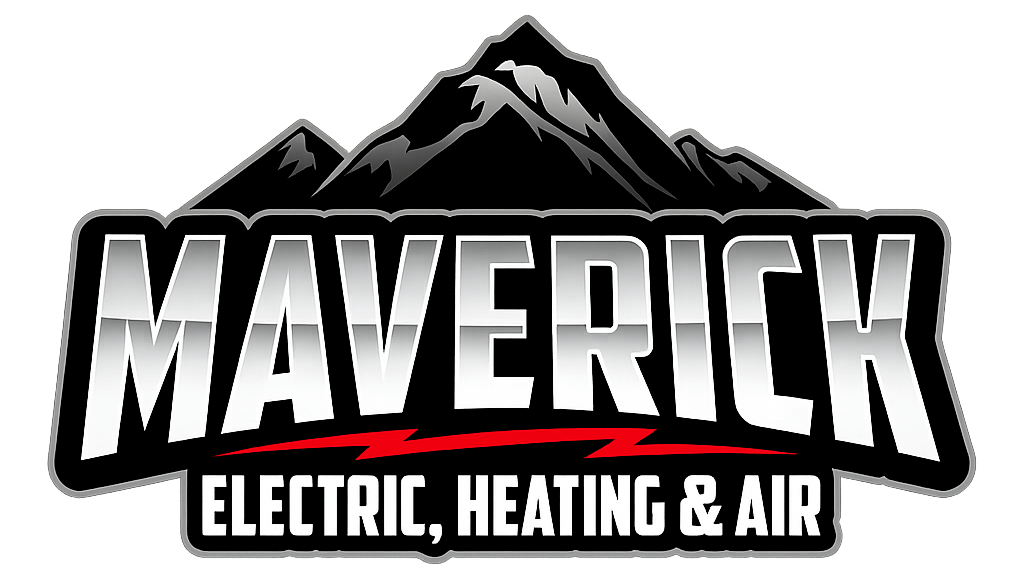Dealing with AC Water Leakage
Is water pooling around your air conditioner causing concern? A leaking air conditioner not only affects performance but can also lead to costly damage if not addressed promptly. Empower yourself with these DIY tips and know when it’s wise to call in professionals.
DIY Tips to Fix a Leaking Air Conditioner
- Inspect the Drain Line: Begin by checking the drain line for clogs or blockages. A clogged drain line can cause water to back up into the unit, leading to leaks. Use a wet/dry vacuum or a pipe cleaner to clear any debris.
- Clean the Air Filter: A dirty air filter restricts airflow, causing the evaporator coils to freeze and potentially leak water. Replace or clean the filter according to manufacturer guidelines to improve efficiency.
- Check for Ice Buildup: Examine the evaporator coils for ice buildup. If you notice ice, turn off the AC and let the ice melt naturally. Once melted, check for underlying issues like low refrigerant levels or airflow restrictions.
- Inspect the Condensate Pan: Ensure the condensate pan beneath the evaporator coils is not damaged or misaligned. A cracked or misaligned pan can cause water to leak out of the unit.
- Tighten Loose Fittings: Check all fittings, such as those connecting the drain line and air handler, for any signs of looseness or leaks. Tighten fittings as needed to prevent water leakage.
- Clean Around the Outdoor Unit: Remove any debris, leaves, or vegetation from around the outdoor unit. Clearing the area helps maintain proper airflow and prevents water from pooling around the unit.
When to Call AC Repair Near Me
If DIY efforts fail to resolve the leaking issue or if you notice any of the following signs, it’s time to call Maverick Electric, Heating & Air for professional AC repair:
- Persistent Leaks: If the air conditioner continues to leak despite DIY attempts, it may indicate a more complex issue that requires expert diagnosis and repair.
- Unusual Sounds or Smells: Strange noises or odors coming from the AC unit could signal mechanical problems or mold growth, requiring professional attention.
- Decreased Cooling Performance: If your AC is leaking water and not cooling effectively, there may be underlying issues such as refrigerant leaks or compressor problems that need professional intervention.
Expert AC Repair Near Placer and Sacramento County
At Maverick Electric, Heating & Air, we specialize in diagnosing and fixing air conditioner issues promptly and efficiently. Whether you need routine maintenance, emergency repairs, or a complete system replacement, our skilled technicians are here to help. Don’t let a leaking air conditioner disrupt your comfort—contact us today!
Contact Us Today!
Ready to fix your leaking air conditioner? Contact Maverick Electric, Heating & Air for expert AC repair near Sacramento, Roseville, Elk Grove, Folsom, Citrus Heights, and Rocklin, CA. Call (916) 587-7609 to schedule an appointment online. Trust us to keep your home cool and comfortable all year round.
FAQs
How to fix a leaking air conditioner?
Fixing a leaking air conditioner involves several steps. Start by checking the condensate drain line for clogs or blockages. Clear any debris using a wet/dry vacuum or a pipe cleaner. Inspect the air filter and replace it if dirty, as a clogged filter can restrict airflow and lead to ice buildup on the evaporator coils. Ensure the condensate pan is level and free of cracks and tighten any loose fittings. If the issue persists, it’s advisable to consult a professional for thorough AC repair.
Can you fix an AC leak yourself?
Fixing an AC leak yourself can be possible depending on the severity and cause of the leak. Simple tasks like cleaning the drain line or replacing the air filter are within reach for many homeowners. However, more complex issues such as refrigerant leaks or internal component failures may require specialized tools and expertise. It’s often recommended to seek professional AC repair services to ensure the problem is diagnosed correctly and fixed effectively.
Is it bad to run AC with a leak?
Running your AC with a leak can lead to various problems. Beyond potential water damage to your home, a leaking AC can reduce its efficiency, increase energy bills, and even cause mold growth due to excess moisture. It’s crucial to address any signs of leakage promptly. Turning off the AC until the issue is resolved can prevent further damage and allow for a thorough inspection by a qualified technician.
How can I save my AC from leaking?
Preventative maintenance is key to saving your AC from leaks. Regularly inspect and clean the condensate drain line to prevent clogs. Replace the air filter every 1-3 months to maintain proper airflow and reduce strain on the system. Keep the area around the outdoor unit clear of debris and ensure the unit is level to prevent condensate pan overflow. Scheduling annual maintenance with a professional HVAC technician can also catch potential issues early and extend the lifespan of your AC system.
Should I turn off my AC if it’s leaking water?
Yes, it’s advisable to turn off your AC if you notice it leaking water. Continuing to run the AC with a leak can exacerbate the issue, leading to more significant damage and potentially higher repair costs. Turning off the AC allows you to prevent further water damage and mold growth while you await professional AC repair services. A qualified technician can diagnose the source of the leak and recommend appropriate repairs to restore your AC’s functionality.




